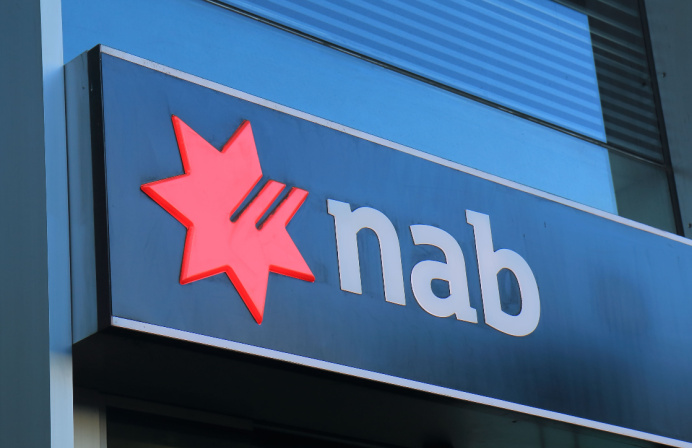
Westfield retail outlet tenants will participate in an eight-week trial using blockchain to revamp bank guarantees issuance and management processes. The real-world pilot follows a successful proof-of-concept involving ANZ Bank, Westpac, IBM, and Scentre Group conducted in 2017.
Described as “a significant milestone in the global development of blockchain solutions”, the trial will deploy the blockchain-backed digital platform, Lygon – jointly launched by the three banks and the shopping centre giant – to replace the existing paper-based bank guarantee process.
Bank guarantees are financial instruments widely used by prospective tenants to secure commercial property leases; today’s manual processes present pain points in physical document management, tracking and reporting, and a lack of standardisation in terms and conditions, as identified in the consortium’s 2017 proof-of-concept white paper. CBA was added to the program this year, joining fellow majors ANZ and Westpac.
Consequently, digitising bank guarantee processes with distributed ledger technology (DLT), or blockchain, is expected to slash issuance time from one month to potentially less than a day. The blockchain-backed network is expected to reduce fraud risk, drive standardisation, and boost efficiency for the three primary parties involved – tenants, landlords, and banks.
Hailing the platform as a sublime example of “digital transformation that refines the customer experience”, Westpac’s General Manager Corporate and Institutional Banking, Didier Van Not, said the pilot, which tests live transactions using DLT, would prove the platform’s commercial viability.
“While the pilot is focused on retail property leasing, this technology has the potential to benefit many sectors and reduce the risk of fraud across billions of dollars guaranteed by the banks,” Van Not said.
In efforts to grasp the mantle of global blockchain leadership, Westpac last September announced its procurement automation proof-of-concept, integrating emerging technologies, such as data analytics, distributed ledger, artificial intelligence, and Internet-of-Things sensors; nevertheless, the bank recognised various challenges to commercialisation.
Like Westpac’s Van Not, Commonwealth Bank of Australia’s (CBA) Managing Director, Future Cities, Institutional Banking and Markets, Michael Thorpe appears optimistic about Lygon’s potential to benefit various industries and geographies where bank guarantees, or standard letters of credit, are used.
CBA’s “strong track record of collaborative innovation using blockchain technology” has seen the bank completing successful experiments in trade and commodities, Smart Money and debt capital markets, leveraging partnerships with global supply chain leaders, CSIRO’s Data61, and the World Bank.
Meanwhile, ANZ Bank, while one of seven institutions participating in Hong Kong’s blockchain-powered trade finance platform eTradeConnect, has been cautious in its approach to exploring blockchain solutions, citing the technology’s limited proven value-add beyond trade finance.
However, with Lygon’s use case, ANZ’s Banking Services Lead, Nigel Dobson believes the platform holds immense potential to support all kinds of bank guarantees, thereby benefiting not just business operators but also the wider community.
Leveraging IBM’s Blockchain Platform, Lygon is built on Hyperledger Fabric – an open-source blockchain initiative by the Linux Foundation.
When the pilot concludes, the five-member consortium intends to make the platform accessible to other issuers, applicants, and beneficiaries, as well as expand its use case over time – although Lygon’s commercial model has yet to be determined.
More information on Lygon 1B can be found here.





